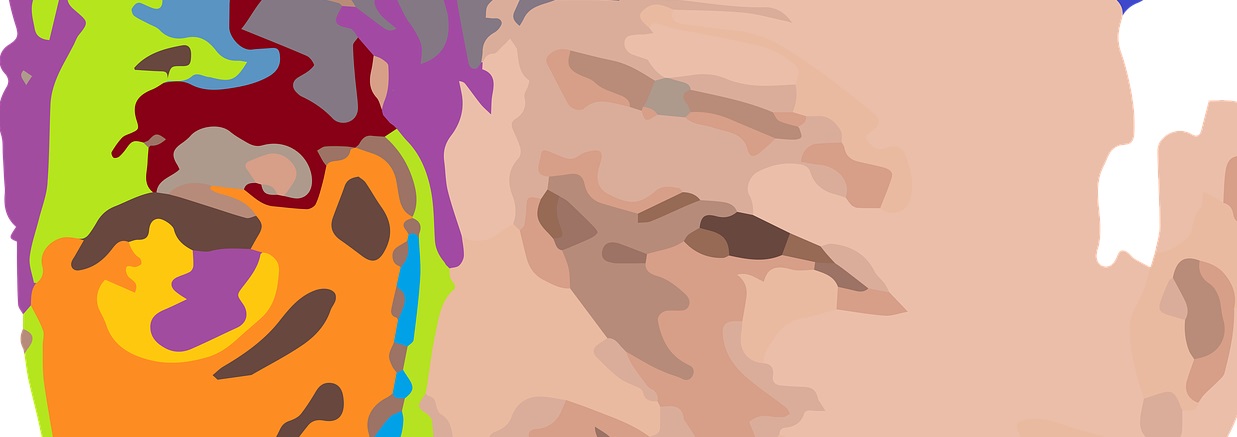Seth Godin, former dot com business executive and author, said,
Instead of wondering when our next vacation is, we should set up a life we don’t need to escape from.
What a challenge!
A rich internal life is an antidote to the pervading sense of dread and anxiety that we come across each day. When we are in touch with the richness of our internal life, we will no longer be dependent on an external life for escape.
The present external life
No matter where you are on this quest of setting up a life which you don’t want to escape from, you’re likely experiencing a degree of disappointment and dejection in the current environment. The prospect of the next vacation is bleak, and international travel almost non-existent.
Where do you go now, when options to escape from a high-stress or dissatisfied life are narrower than before? The distractions you allow yourself as consolations or rewards, the activities you indulge in to remind yourself that the way you live is worthwhile indeed, the activities you attend as temporary anesthesia – they are now severely reduced.
Even the most outward focused of us are compelled to reconsider our options. We now must find our respite from our work and in our home, and to maintain our sense of connection and belonging within a smaller social group.
Why an internal life?
This is the epoch to return to our internal life.
It is time to return to greater appreciation of introspection, depth and meaning. It is necessary especially when we have to keep our own company more often than before.
And this internal life can be scary. Consciously or otherwise, many of us have taken quite resolute steps to not peek into this space while others have been oblivious to the need for it. And many more are tapping into it to varying degrees.
Where are you?
An internal life is the world within us, encompassing the mental and emotional spaces and spiritual by nature.
A rich internal life means you are self-aware and clear about your values, and well-equipped to manage your emotions. It means you have a calm and focused mind, with optimal level of resilience.
To attain a rich internal life
Here are the preconditions to having a rich internal life:
- time alone – in this place where you are not performing nor entertained, and you are required to keep yourself company.
- independence – you must do this exploration and interrogation of your internal life on your own; no amount of discussion with close family and friends will assist in a resolution, in fact it may be counter-productive. Take time to nurture your ability to comfort, discipline, inspire, educate and entertain yourself.
Nothing, to my way of thinking, is a better proof of a well ordered mind than a man’s ability to stop just where he is and pass some time in his own company. ~ Seneca
- curiosity – and here, you will give yourself permission to explore all aspects of yourself, the desirables and the undesirables. Let your imagination and fantasies take flight.
- focus – you will spend time making friends with your thoughts, emotions, and behaviours. Learn to discipline your thoughts, and to choose what you pay attention to. Most importantly, focus and choose your daily behaviours and habits. They matter.
Remember that at any given moment there are a thousand things you can love. ~ David Levithan
Necessary growth
When we emerge from the current environmental restrictions, will we be more aware? Will we know ourselves better? Will we like ourselves better?
This is the growth to aspire to.











